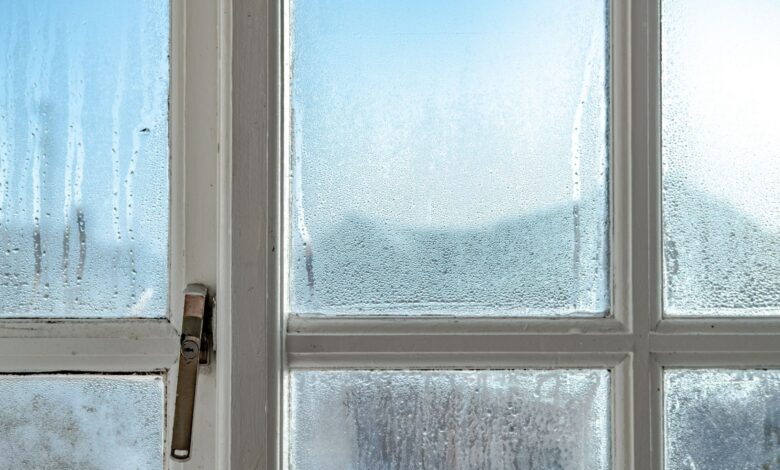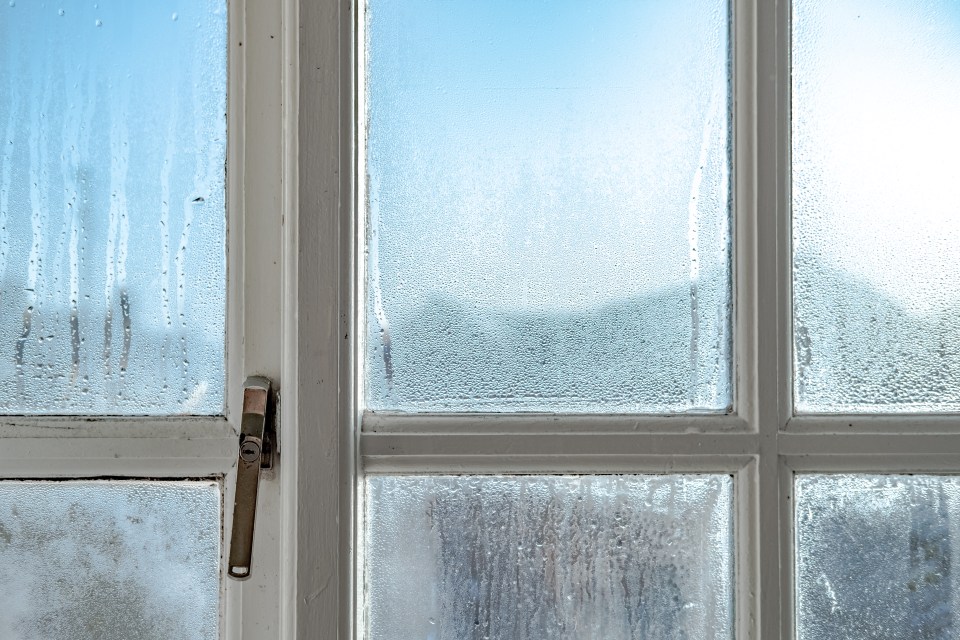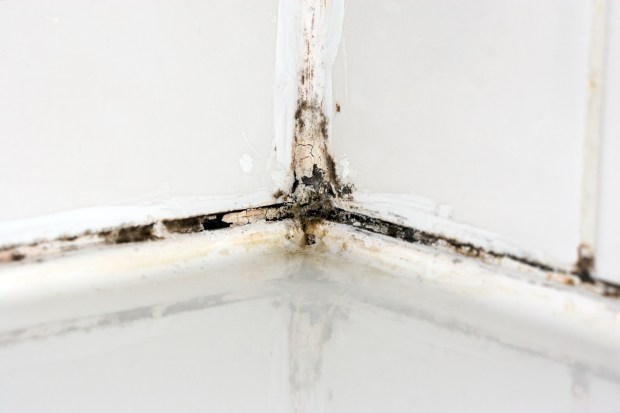Mrs Hinch fan shares ‘magical’ 50p hack that kept condensation off her windows



A fan of cleaning icon Mrs Hinch has revealed a ‘magical’ 50p hack to banish condensation from your windows.
Now that summer is finally behind us, you may have noticed that condensation has formed on your windows due to the cold weather.
Condensation occurs when warm, moist air comes into contact with a cold surface, causing the water vapor in the air to condense into liquid water.
This can then lead to mold growth on walls and ceilings, which can cause a wide range of health problems, including asthma and skin rashes.
It can also cause damage to your home and furniture, so your best bet is to find the source of the problem and fix it.
A homeowner posted to Mrs Hinch’s cleaning tips Facebook group, looking for answers on how to get rid of his condensation.
Read more cleaning stories
He said: ‘Condensation on the windows every morning.
“I have a dehumidifier in the living room and that room is a little better, but I still have to dry the windows to some extent every morning.
“I have tried opening the windows a little and this makes a slight improvement, but at these temperatures it is just too cold.
“Any other solutions from people who have overcome this? Thanks in advance.”
Facebook users rushed to the comments section to share their advice, with many suggesting the same solution: dish soap.
One person said: “Rub dish soap on the windows.
“I’ve done it and it works very well.”
A second person said: “I put washing up liquid on a paper towel pad and rubbed it about a foot high on the bedroom window.
“This was 10 days ago and I haven’t had any condensation since. Magic.”
Dish soap can prevent condensation from forming on windows by creating a barrier that prevents water from sticking to the surface.
Common bathroom habits that increase mold

Plumbworld, a leading expert in bathroom and kitchen products, has shared the daily habits that increase the likelihood of mold growth in homes.
Leaving wet towels and bath mats on the floor
Wet towels and bath mats on the floor after a shower or bath can increase humidity, creating a perfect breeding ground for mold spores.
To prevent this, hang towels and bath mats where they can dry quickly and wash them regularly.
Do not turn on the fan
An exhaust fan is crucial for reducing moisture levels in the bathroom.
When you take a hot shower or bath, steam increases the humidity in the room, creating an ideal environment for mold to grow on walls, ceilings and other surfaces.
An exhaust fan helps by moving the moist air outside, significantly reducing the chance of mold growth.
Experts recommend running the fan while showering and for at least 20-30 minutes afterwards to reduce humidity.
Ignore small leaks
Even small leaks from the sink, toilet or shower can contribute to increased moisture levels in a bathroom, creating an environment where mold can thrive.
Over time, these leaks can cause significant water damage, encouraging mold growth in less visible areas such as interior walls or under floors.
Repair leaks immediately to prevent mold and possible structural damage.
Keep shower curtains or doors closed
Keeping the shower area closed after use traps moisture inside, slowing the drying process and creating a moist environment that promotes mold growth.
Mold can easily develop on shower curtains, doors and in tile joints if they remain wet for too long.
To prevent this, leave the shower door or curtain open after use to improve air circulation and help the area dry more quickly.
Storing too many products
Shower holders and corners filled with bottles and accessories may seem harmless, but they can restrict airflow, trap moisture and create hidden, damp niches where mold can grow unnoticed.
Keep shampoo and shower gel bottles to a minimum and clean and dry the areas underneath them regularly to prevent mold growth.
This will also help prevent the development of mold and mildew.
Simply put a small amount of liquid on a dry cloth and rub it into the window where condensation would normally form.
You can get dishwashing liquid at the supermarket for about 50 cents.





